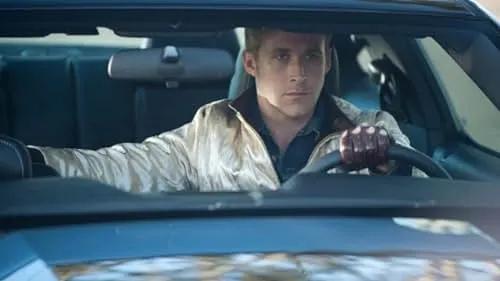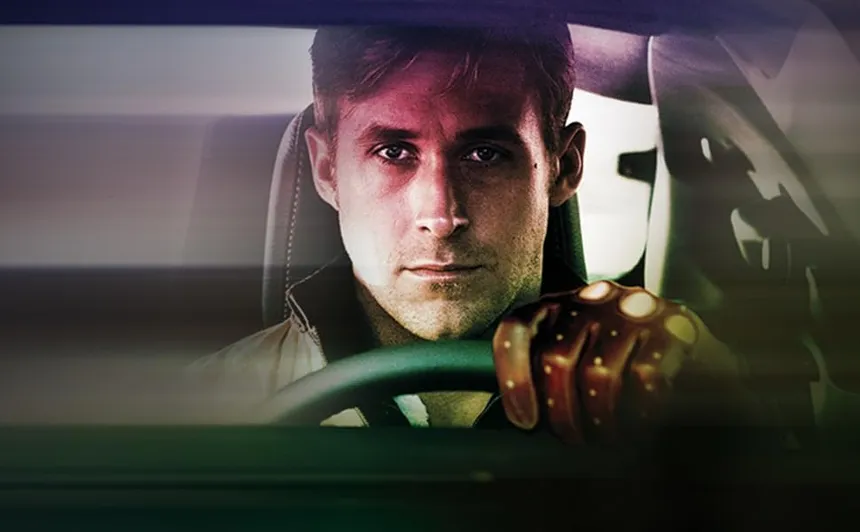Drive, a film directed by Nicholas Winding Refn, is a cinematic masterpiece that explores the complexities of male sensitivity. This modern thriller reinvents classic noir and Western archetypes, showcasing Refn’s unique perspective on masculinity. At its core, Drive is a love story that delves into the struggles of its protagonist, a nameless driver, as he attempts to escape his violent nature and pursue a normal family life.
The film’s narrative is anchored by the driver’s inability to change his inherent nature, and his constant struggle to redeem himself from the acts of violence he has committed. The audience is given a Look into his psyche through his interactions with his neighbor, Irene, and her young son, Benicio. As the driver becomes closer to Irene, he finds himself torn between his loyalty to Bernie, a veteran mobster, and his desire for a normal family life.
Throughout the film, Refn explores the theme of male sensitivity, showcasing the driver’s internal conflicts and emotional turmoil. The elevator brawl sequence is a poignant moment in the film, as the driver savors his last “normal” moment with Irene, only to reveal his true nature by killing the thugs. This moment underscores the driver’s acceptance of his own nature, and his decision to let go of his desire for a normal life.

A Still From Drive Movie (Via IMDB)
The film’s climax is shrouded in uncertainty, as the driver meets with Bernie and hands over the monetary reward. However, it becomes clear that the driver expected Bernie’s betrayal, as he had been planning to kill him all along. The driver’s subsequent decision to leave Irene behind, without taking the tainted cash, suggests that he has come to terms with his destiny and accepts his own mortality.
The film’s ending has sparked debate among audiences, with some interpreting the driver’s final drive away as a metaphorical ascension to heaven, while others see it as a literal act of self-preservation. Regardless of interpretation, Drive remains a thought-provoking and visually stunning film that continues to charm audiences.
Refn’s direction and the performances of the cast, including Ryan Gosling, Carey Mulligan, and Albert Brooks, bring depth and nuance to the narrative. The film’s score, cinematography, and production design all contribute to its haunting and atmospheric quality. Drive is a film that rewards multiple viewings, as its metaphorical implications continue to unfold and reveal new layers of meaning.
























